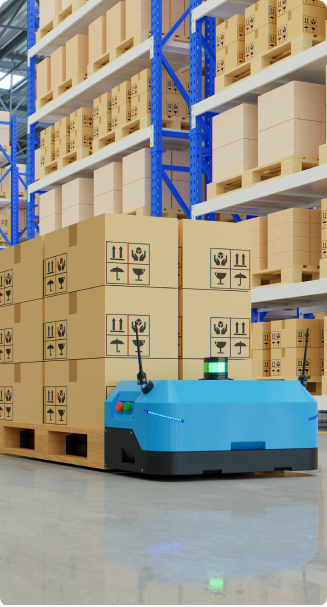Logistics Industry Trends 2022: Exploring The Possible Future
– Yeshwanth & Pavan
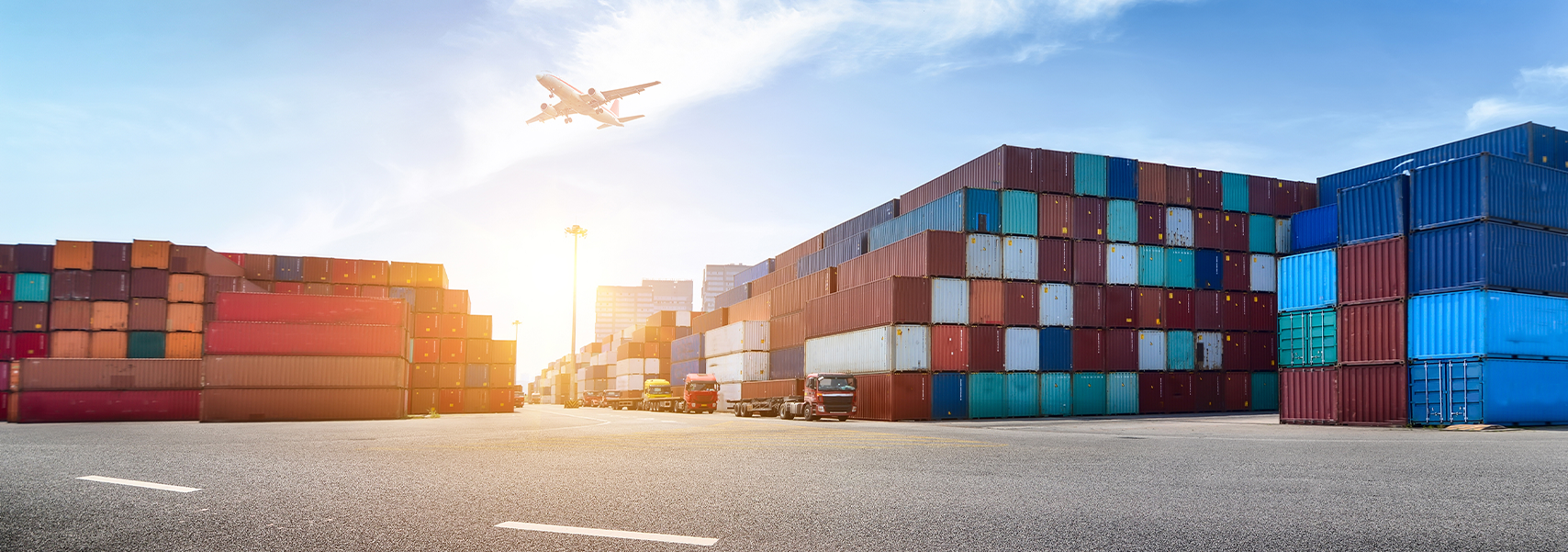
Introduction
Surviving the past couple of years has been a major accomplishment for almost every industry, and logistics, specifically, has been through an extraordinarily rugged road.
Here’s why:
- Manufacturing has become too customized, which is actually a good thing for customers, but for the logistics industry, it has added layers of complexities.
- The industry is under growing pressure to deliver faster at a very low cost.
- New entrants are carving out more lucrative business models through crowd-sharing solutions.
But, as the unwritten rule goes, when destructive forces are at a constant play, the present reshapes itself for a hopeful new future.
From exploring the latest technologies to making a revamp to the existing strategies, the logistics industry must stay tuned to the emerging trends to remain competitive in this constantly growing market.
Before we delve deep into the key areas where the logistics industry trends are spreading out, let’s get a basic understanding of how big the industry already is.
How Big is the logistics industry?
The logistics market across the globe represents almost 12% of the entire GDP, that’s how big the industry is!
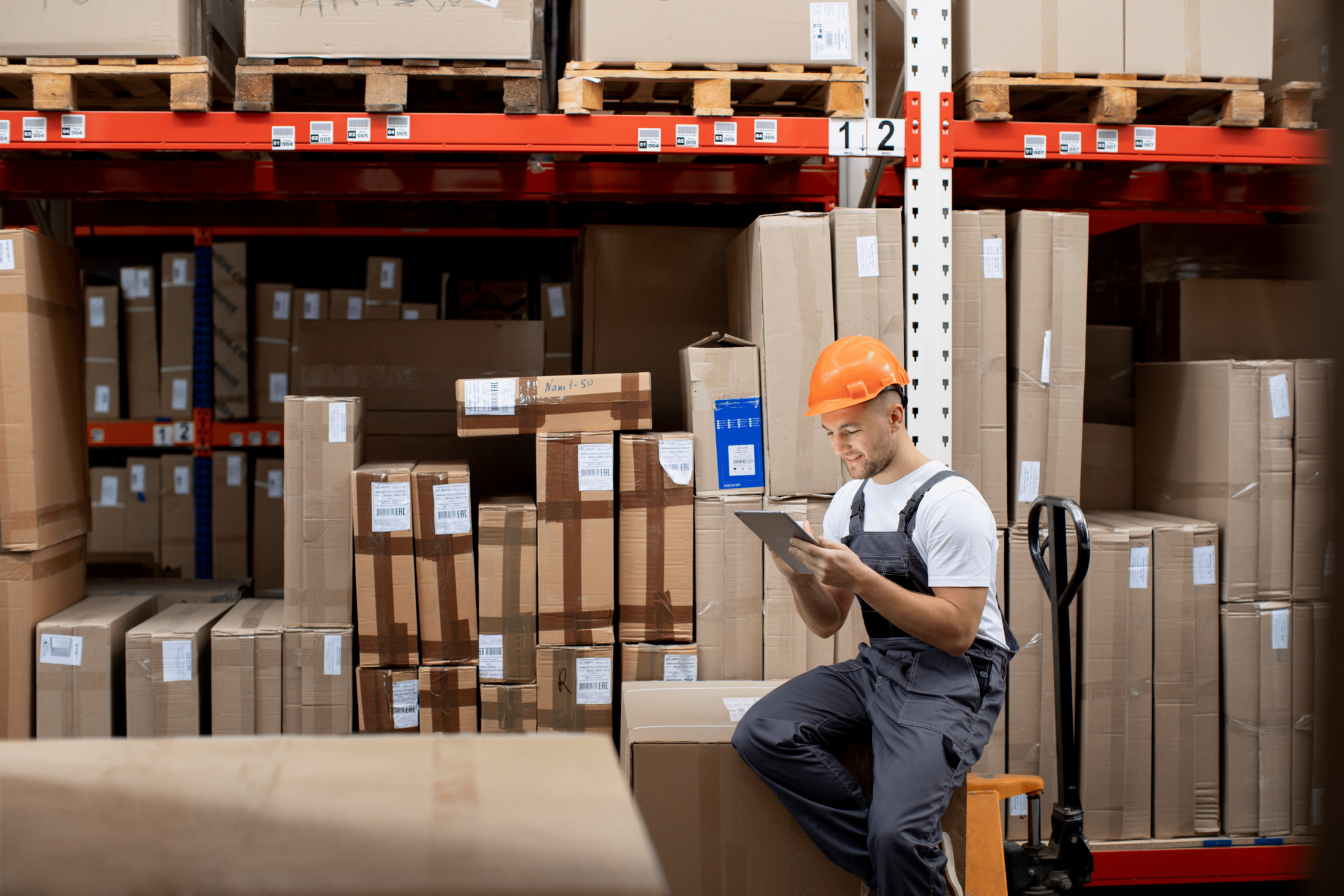
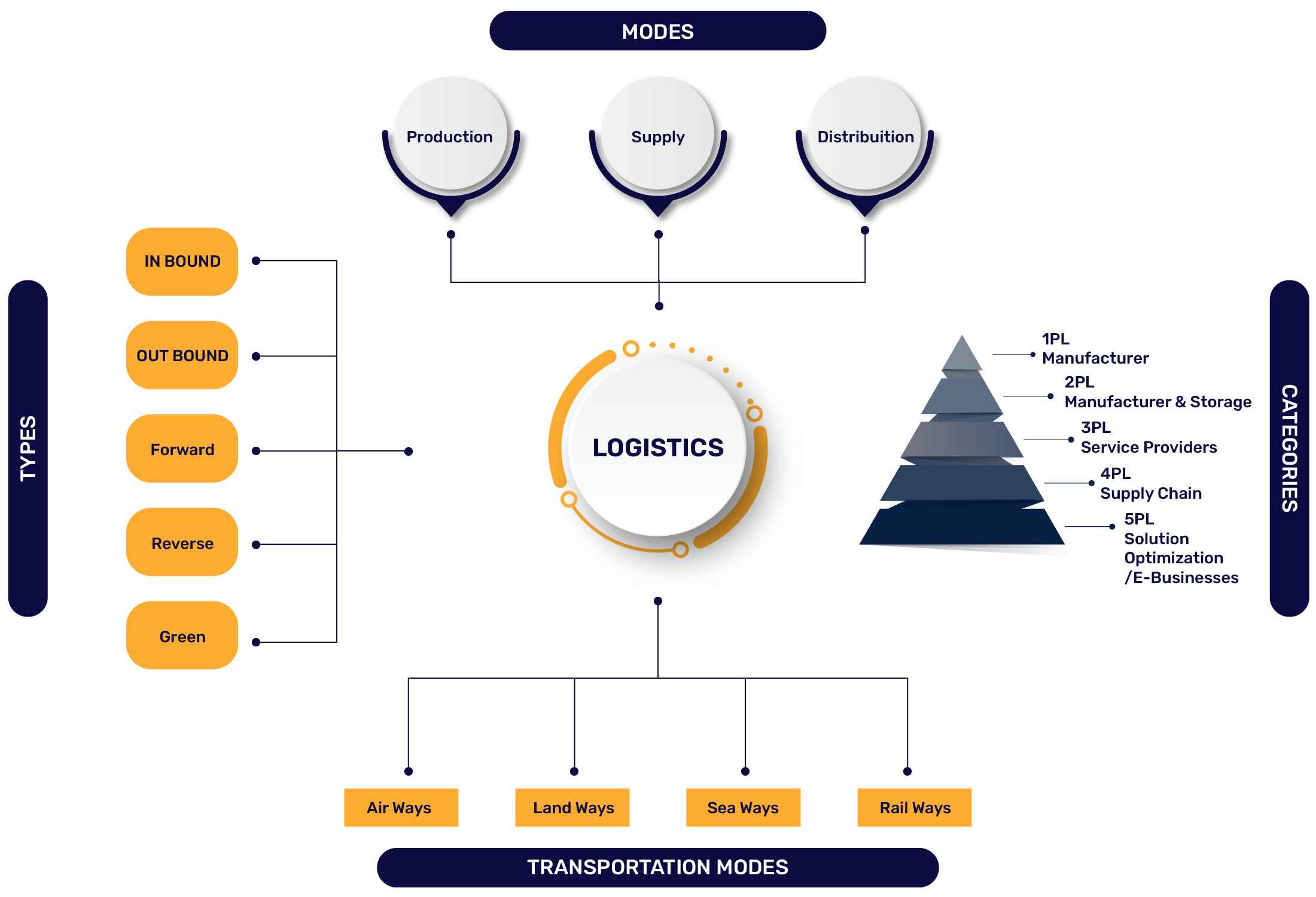
Logistics Industry Trends 2022
Logistics companies are set to shift their focus to ‘digital fitness’, cost efficiency, asset productivity, and innovation to meet changing customer expectations.
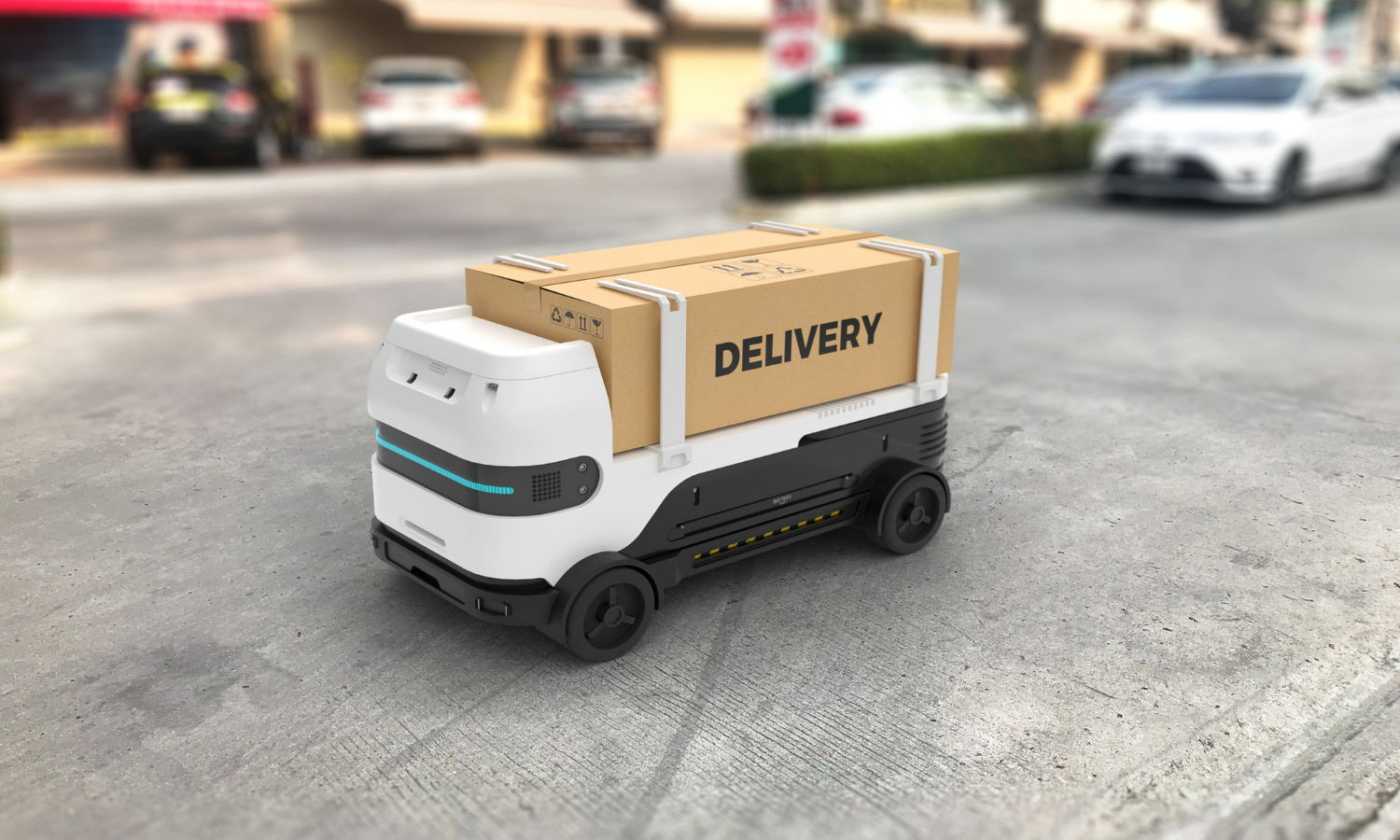
1. Artificial and Augmented Intelligence
2. 3D Printing
3. Blockchain
4. Data Analytics & Real-Time Supply Chain Visibility
5. RFID & IoT
Future of Logistics Industry
The logistics industry already looks radically different than what it was 10 years ago. The question now is, how will it look like in another 10.

1. Emerging Business Models, Innovations, and VC Funding
2. Sustainability
3. Warehouse Robotics
4. Growth of Self-Driving Vehicles
5. Last-Mile Delivery
Conclusion
Technology and innovations along with intensifying consumer demand will shape the future of the logistics industry.
Becoming future-ready requires a lot of strategic planning and that’s what our expert engineers at Techigai are renowned for. We help you unlock opportunities for the future by putting data and future-ready technology at the heart of your business. Contact us to learn how we can digitally transform your logistics business.
“
“Today, all businesses must operate in an environment where they need to anticipate when the next disruption will occur because it will happen”
– Anthony Nuzio, CEO, ICC Logistics Services.
Published Date: 16 March, 2022


